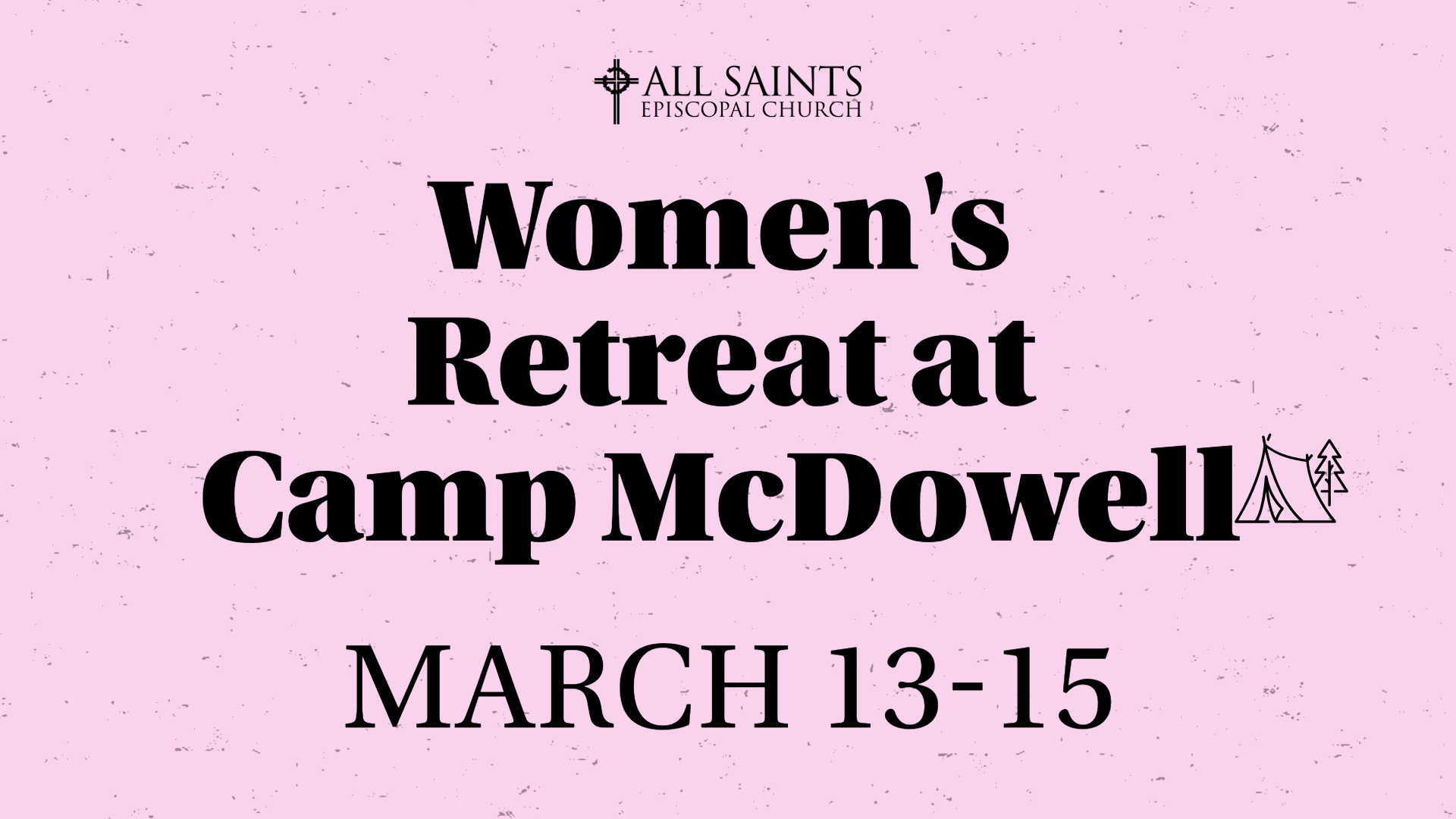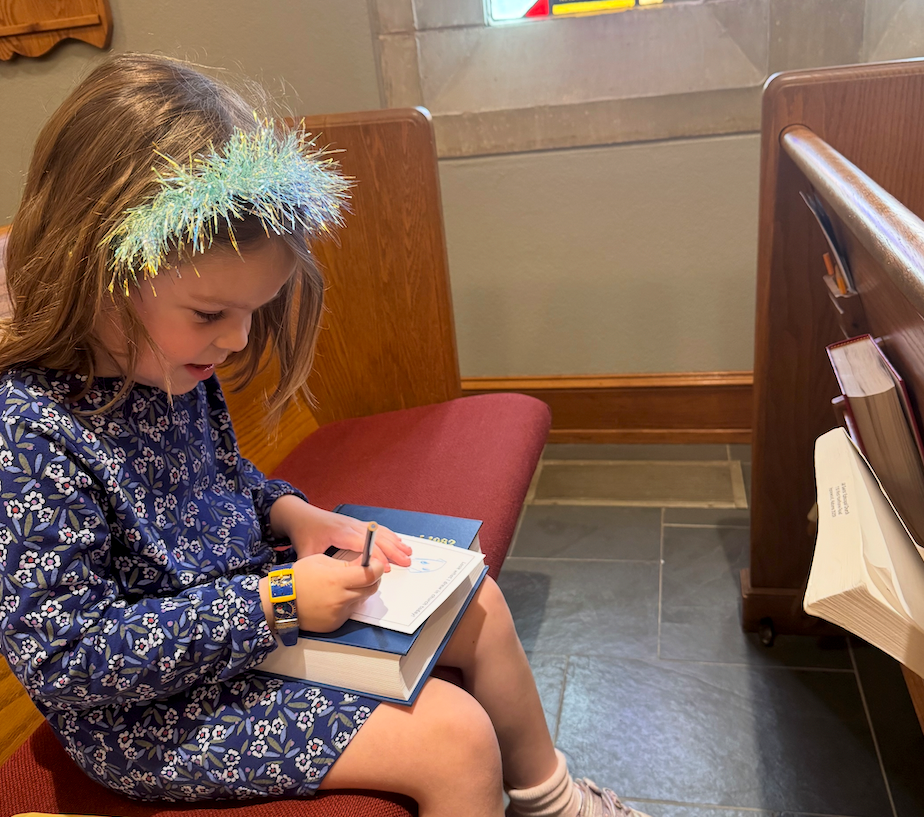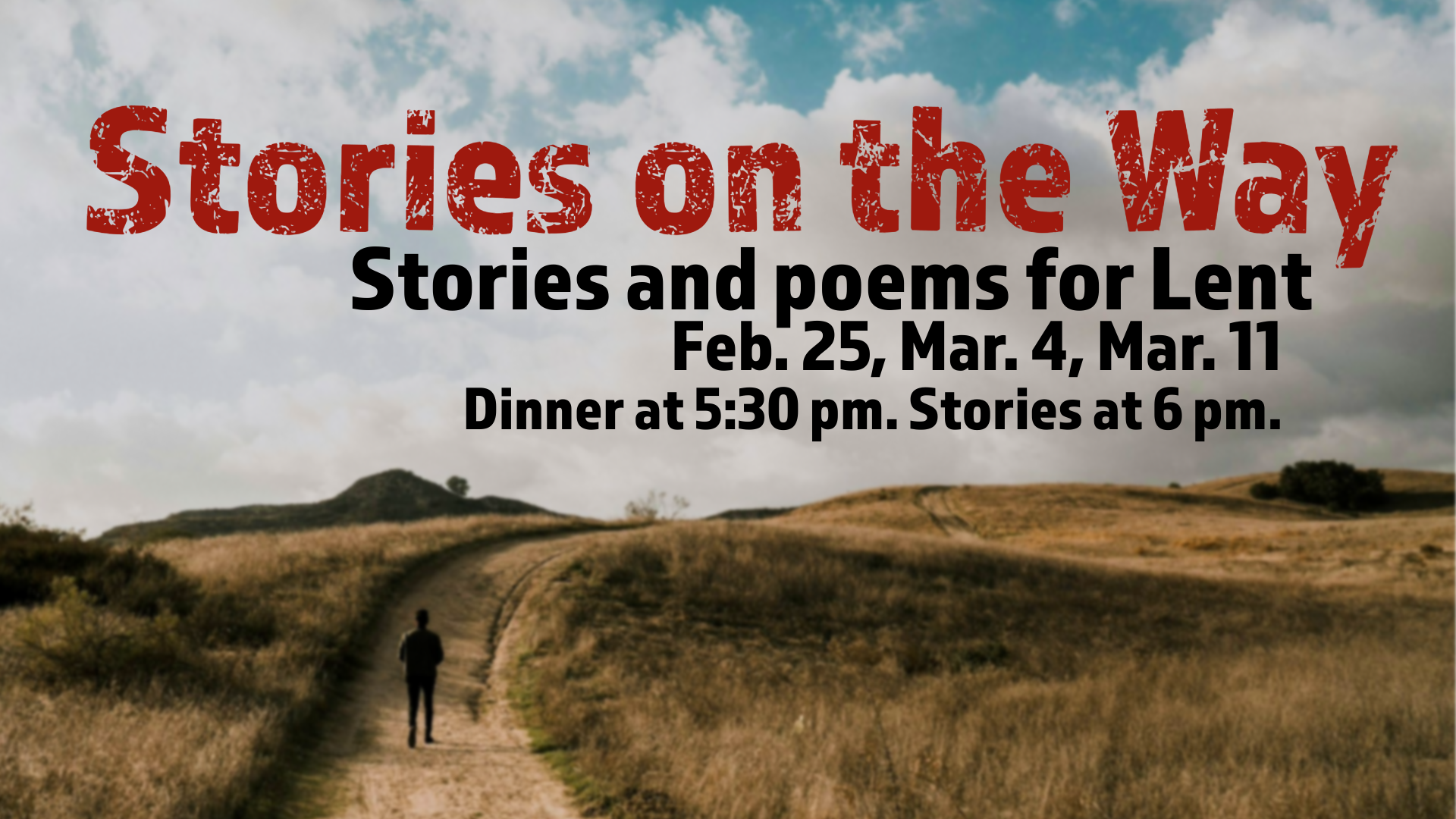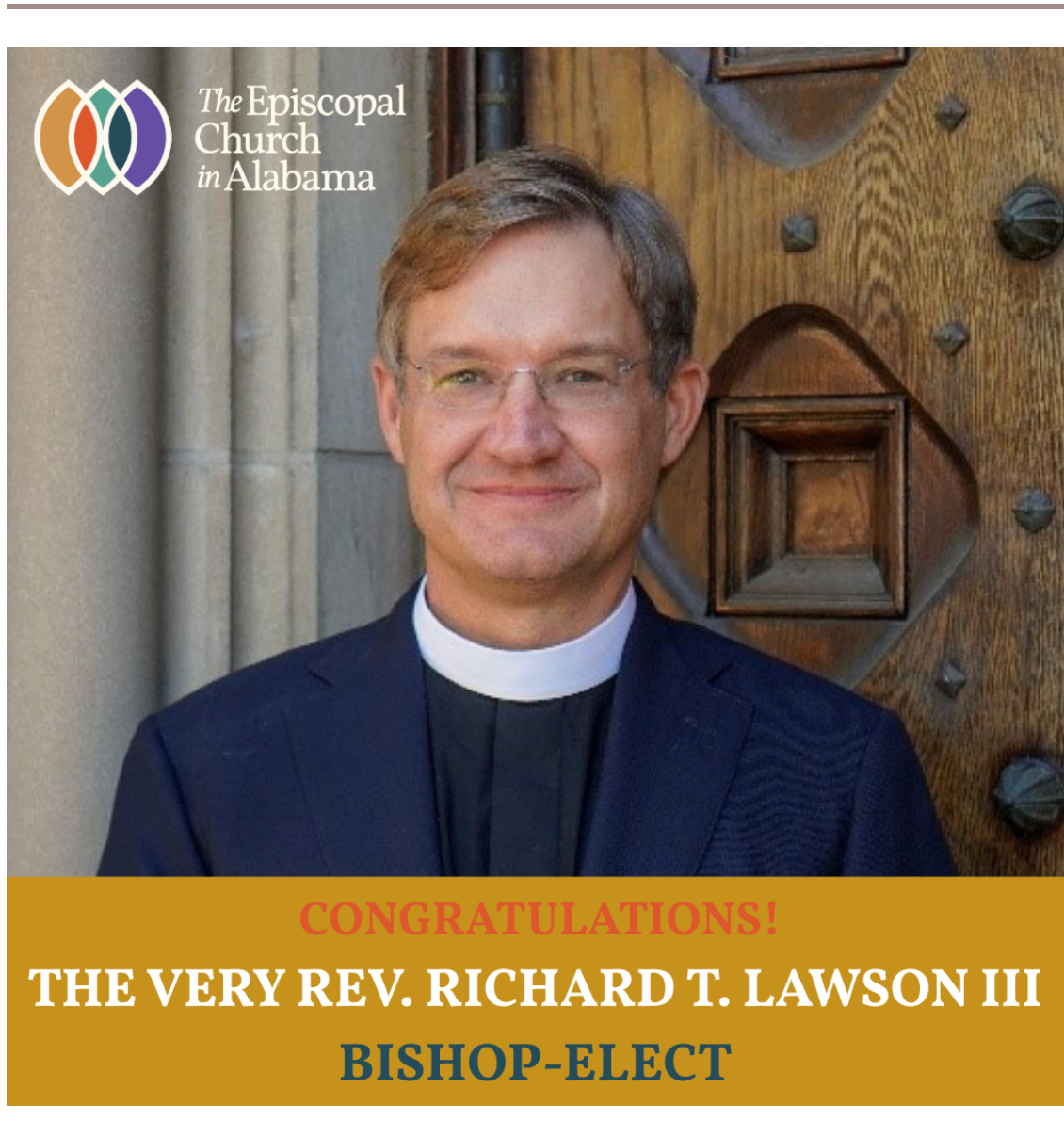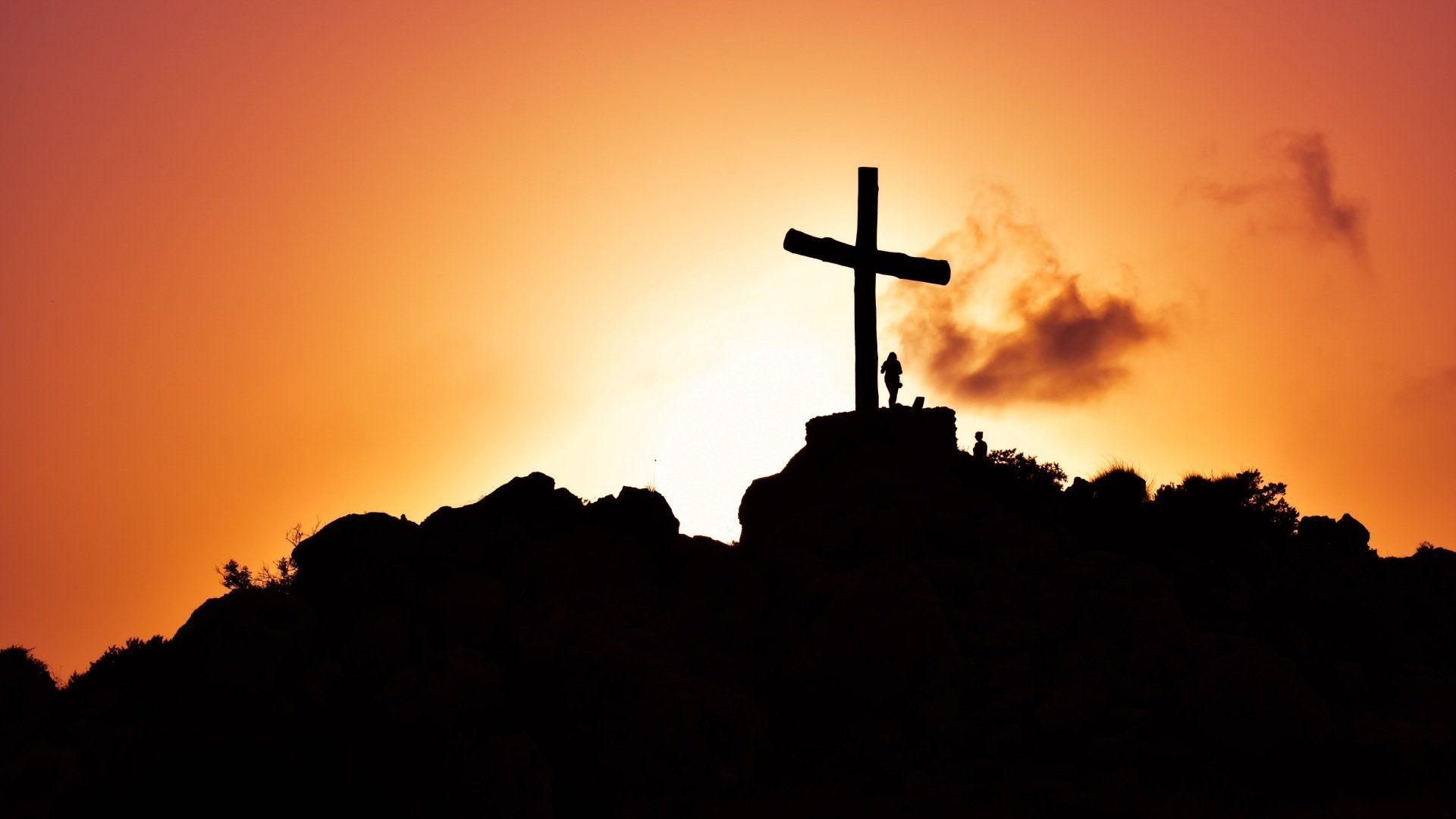Mothers of God
"Mother's of God"
Sermon by The Rev. Cindy Carter
December 22, 2024
Today’s Gospel reading is the second part of the story of a young woman named Mary found in Luke, Chapter 1.
A young woman – a teen-ager, really no more than a girl - living in the small town of Nazareth, going about her business as she anticipated the completion of her marriage to a local carpenter.
In the first part of the story, the part we sang about a few minutes ago, this young woman suddenly, unexpectedly was greeted by an angelic messenger named Gabriel, who told her that she had been chosen to bear God’s son. An event called the Annunciation in the Church.
In the portion of this story that we have read today, Mary has “made haste” to go visit an older kinswoman named Elizabeth, who is also carrying an unexpected, miraculous child. An event called the Visitation in the Church. (Spoiler alert: the child Elizabeth is carrying will grow up to be called John the Baptizer.)
No doubt. Mary and Elizabeth had much to discuss.
This two-part story (the Annunciation and the Visitation) has inspired writers and artists and musicians for more than two thousand years.
For preachers, the focus for sermons based on this two-part story is most often Mary.
Faithful Mary, who said yes to Gabriel’s amazing and surprising message.
Brave Mary, who lived under the oppressive rule of Rome, the most powerful country on earth and yet spoke the radical, even revolutionary, words we recited/sang a few moments ago. Words about scattering the proud, bringing down the powerful from their thrones, sending the rich away empty. Brave Mary, feisty Mary, delivering a message of justice and basically saying to those who would oppress Mary and her people, to any oppressor, “bring it on.”
Joyful Mary, who like her Hebrew foremother Hannah, could not help but sing when she glimpsed the immensity of God’s love and power.
Mary – faithful, brave, joyful.
These are all appropriate and valid ways to interpret the story of Mary that we read in Luke, Chapter 1. I’ve preached these sermons before.
But, today, I’d like to suggest that we move from making Mary the main character in this story to making God the main character, the primary focus of our attention in this story.
What can we learn from this story if we focus on God’s role?
Well, first, we see that is God – not Gabriel, not Mary - who initiated the action in this story. God was certainly not passively watching here. God was the moving, the driving force. God was actively at work – not only in sending the angel Gabriel to Mary but in devising the plan that the angel will share with this young girl.
I think we also see that God invited others to be God’s partners in the action.
God sent a messenger who invited Mary to play a part in bringing the great gift of incarnation to the world – bearing God, allowing and enabling God to become like us, to bring us back to God, and to show us what it means to be truly human.
Note that I used the word “invite” here. You see I don’t think there was anything forced and even pre-ordained about Mary’s answer to this invitation. I’ve often wondered how many other young women might have already said “no” to the costly and risky invitation that Gabriel brought to Mary. But, perhaps that’s a discussion for another time.
What we do know is that God was active, and God invited others to be God’s partners in the action.
No matter how you look at it, it’s a beautiful story, isn’t it?
But, I wondered. I wondered, as I changed the focus in the story from Mary to God -
Is the God of Mary still active and at work in the world?
Is the God of Mary still inviting people to be partners in this work?
Does the God of Mary still send the message, “You are favored by God; God wants to do great things through you”?
Do we think God is done interrupting people’s lives to use them for the health of the world, or is God still doing things just like when the angel Gabriel was sent to deliver a message to that teen-ager named Mary?
Well, we’re Christians. We believe in God.
So, of course, the answer is “yes” to all these questions, isn’t it?
But, maybe we should hold on a minute, before we answer too quickly and too easily, let’s think – like Mary no doubt did – about what that “yes” means.
You see God’s invitation can be unexpected, even sudden; God’s invitation can interrupt our lives in ways we cannot even imagine; it can quite literally turn our world upside down. God’s invitation may be to do something risky and costly, even painful.
It may be an invitation to which our initial response may - like Mary - cause us to be perplexed, fearful, confused, troubled, and feeling more than a little bit inadequate for the task we have been asked to do.
This morning, as we come to the end of this time of preparation called Advent, as we anticipate our celebration of that great gift of the Incarnation, I believe that God is indeed still active and at work in our world, still looking for partners - for hands and feet and minds and hearts - to join in God’s work.
Meister Eckhart, who lived around 1300, wrote:
“What good is it to me that Mary gave birth to the son of God fourteen hundred years ago, and I do not also give birth to the Son of God in my time and in my culture? We are all meant to be mothers of God. God is always needing to be born.”
My friends, we have all been favored by the God of all creation and are invited to share in the meaningful work of loving and caring for the world God has created. To carry the light of the incarnate Christ in this place, in this time.
On this last Sunday of Advent, may we pray in the words of Bichop Deon Johnson of the Diocese of Missouri -
AMEN.
More Announcements

